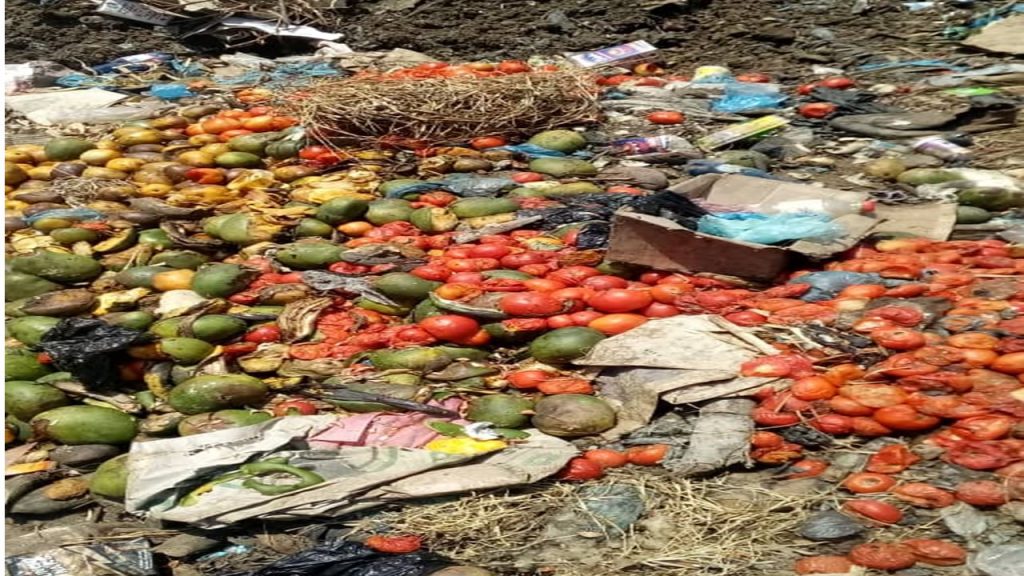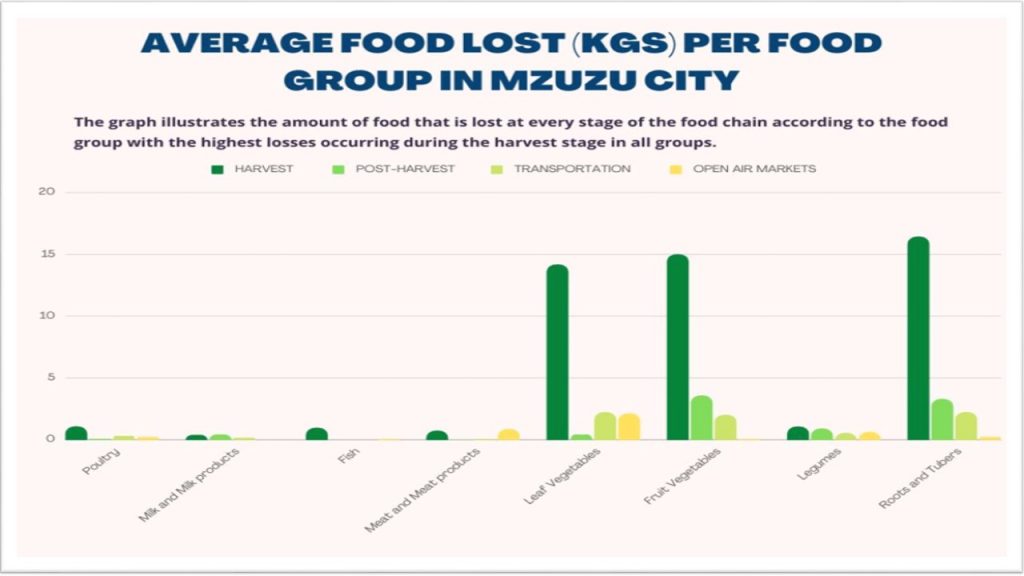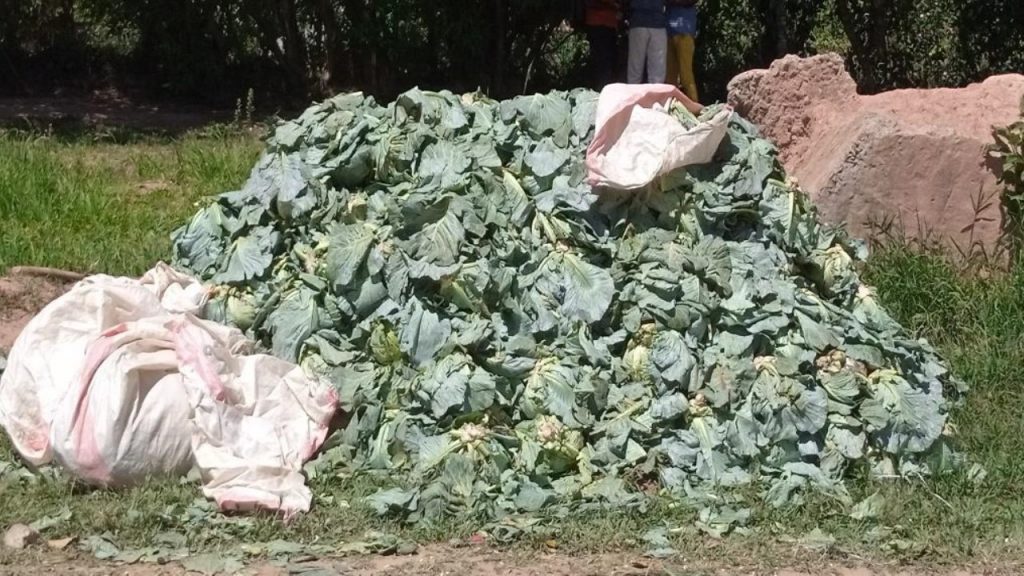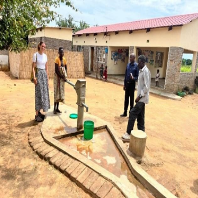Drivers of Food Losses in Mzuzu City, Malawi
DRIVERS OF FOOD LOSSES IN MZUZU CITY, MALAWI
Blog by: Tiwonge Baloyi tiwongebaloyi@gmail.com & Faith Manda fhmanda@gmail.com
A 2011 Food and Agriculture Organization (FAO) publication established that approximately one third of the amount of food produced annually in the world is lost in the initial phases of the food supply chain. With countries striving to achieve the SGD 2 on zero hunger by 2030 and SDG 12 on responsible production and consumption, the issue of food loss has become of interest. A study by Mzuzu University www.mzuni.ac.mw and the Urban Research & Advocacy Centre (URAC) on Managing Food Value Chains for Improved Nutrition for Urban Vulnerable Populations in MZUZU City (Malawi) (AfricitiesFood) | ACIAR is underway. The project is part of a food loss research program in developing countries of Asia, Pacific and African. Among its objectives is to identify the drivers of urban food loss.

Once you visit Mzuzu city, one noticeable thing are fresh food deliveries from production zones within the city and the surrounding rural areas. Wholesale bidding and auctioning goes on in the backside of the markets nearly all day. But a grim sight catches your eye: heaps of smelly damaged and rotting fresh foods awaiting collection by under resourced Mzuzu City Council | Facebook. For a country ranking 87th out of the 121 on global hunger index, the amount of food going to waste irks the mind.
The Africities food research in Mzuzu City established that food losses span the whole chain from harvest, post-harvest, transportation up to the market. Food losses occur due to rotting, overstaying, exposure to sunlight, bruising, and drying up. Overstaying and rotting happen because of oversupply of fresh foods at the market which is due to overproduction at farms. Exposure to sunlight occurs because fresh foods are displayed on wooden benches with or without canopies or shelters. Along the streets, the exposure to sunlight and drying up of fresh foods is serious because of absence of shelters, and rotting happens rapidly as houseflies frequently land on fresh foods placed on sacks that are laid on the bare ground. At offloading and wholesaling points bruising is common as fresh foods as fresh foods exchange hands and get transferred from one basin to another.

Transportation was noted to be another serious driver of fresh food loss. Farmers and traders wait long hours at assembly points to negotiate with vehicle drivers who are willing to transport their produce. Transporters mentioned corruption among traffic police officers who impound vehicles carrying fresh food and charge high penalties just to force out bribes from them. If traders or drivers fail to pay penalties, fresh foods are left to rot on the way. In other instances, detention of vehicle on the way leads to spoilage of fresh foods as they are exposed to heat and get damaged due to offloading and re-loading when traders seeks alternative transport modes. The site of cabbages in the picture is a case in point.

The food loss question is worsened by weak market regulatory frameworks. Market governance tools and instruments, such as guidelines on election of market committees, are either absent or outdated. In the absence of up-to-date market governance tools and instruments, fresh foods are largely governed informally yet these are a prerequisite for the proper functioning of the food market. Administrative inadequacies in city managers evident in lack of human and financial resources to perform certain supervisory roles related to fresh foods. There was no free inclusive forum for market users to interact with the city governance institutions. With the city authorities almost unreachable by market users, exchange of views about market governance was minimal which directly impacts trading of fresh foods and local revenue because many traders opt to sell merchandize along the streets.
Food agents were notorious for their manipulative practices that disadvantage small scale otherwise weak farmers and traders. The agents usually engage muscle-men who have little or no regard when off-loading the fresh foods at the market.
Some suggestions may assist to reduce fresh food losses. Firstly, farmers can be linked to private sector investors to support with appropriate storage facilities, proper packaging, labelling and transportation. Secondly, transport cooperatives or agreements can help farmers and traders to ease their transport challenges but this requires training and external support. Thirdly, appropriate value addition centers can be established for different types of fresh foods in the city. Advocacy for formulation and adoption of democratic tools for market governance is central both among traders and with Mzuzu City managers.Faith Manda is Research & Advocacy Officer at URAC and Masters Student at Mzuzu University; Tiwonge Baloyi is a staff Associate in the Department of the Built Environment, Mzuzu University

